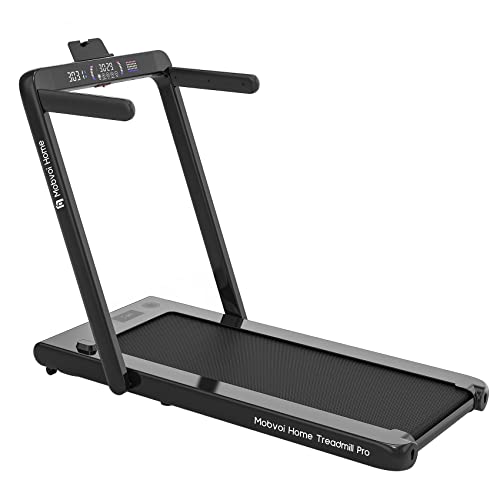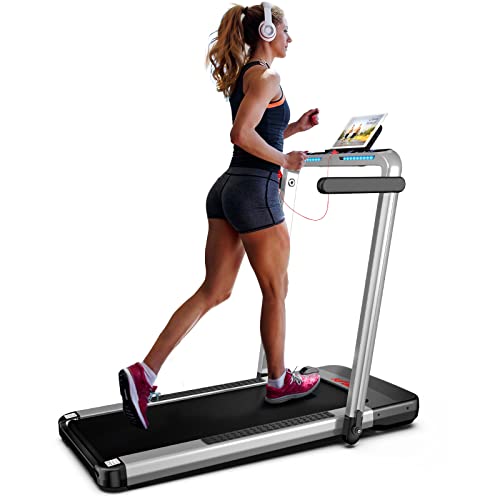The Top Walking Machine The Gurus Are Using Three Things

본문
The Walking Machine: A Comprehensive Guide to Your Fitness Companion
In today's hectic world, where time is a high-end, maintaining a consistent exercise regimen can be a challenge. For numerous, a walking machine-- frequently called a treadmill-- acts as an ideal physical fitness companion. This post provides an extensive take a look at walking machines, including their advantages, types, upkeep suggestions, and frequently asked concerns.

Why Choose a Walking Machine?
Walking machines offer a useful and effective way to incorporate cardiovascular workout into life. Here are a number of key benefits:
- Convenience: Walking machines allow people to exercise anytime, despite weather or time constraints. They are best for hectic schedules.
- Adaptability: Users can stroll, jog, or perform at their own rate and strength.
- Safety: Walking machines provide a lower danger of injury compared to outside walking or running, particularly for beginners or those recovering from injuries.
- Tracking Progress: Many treadmills featured built-in screens that track metrics like speed, distance, and calories burned.
Kinds Of Walking Machines
When thinking about a walking machine, it's vital to select the best type based upon individual physical fitness objectives and area restraints. Below are the main kinds of walking machines:
| Type | Description |
|---|---|
| Handbook Treadmills | These machines do not have a motor, and users need to walk or run to rotate the belt. |
| Electric Treadmills | Powered by an electric motor, permitting users to set the speed and incline easily. |
| Folding Treadmills | Created for simple storage, these treadmills can be folded when not in use. |
| Desk Treadmills | Ideal for a double work and exercise environment, these compact machines permit walking while working. |
| Incline Trainers | These allow users to mimic uphill walking, enhancing exercise strength and calorie burn. |
Picking the Right Walking Machine
Selecting the ideal walking machine can significantly impact motivation and efficiency. Here are some factors to think about:
Key Features to Look For
- Motor Power: A powerful motor ensures a smooth and consistent workout. For periodic walkers, a 1.5 HP motor is usually enough; for much heavier use, look for 3.0 HP and above.
- Belt Size: A wider and longer belt offers more area for a comfy stride. Requirement sizes range from 16 inches wide and 50 inches long.
- Slope Options: Adjustable incline settings can simulate walking or running uphill, increasing the strength of the exercise.
- Shock Absorption: Good shock absorption minimizes the danger of joint injuries and boosts comfort.
- Console Features: Look for built-in exercises, heart rate screens, and connection functions like Bluetooth for a more appealing experience.
Budget Considerations
Walking machines can be found in a broad variety of costs, depending upon functions and building and construction quality. Here's a rough budget plan breakdown:
| Price Range | Functions |
|---|---|
| Under ₤ 300 | Fundamental manual or little electric treadmills with minimal features. |
| ₤ 300 - ₤ 700 | More sophisticated electric treadmills with incline, medium power motors, and better service warranties. |
| ₤ 700 - ₤ 1500 | Top quality electric treadmills with larger built-in screens, extensive features, and warranties. |
| ₤ 1500 and above | High-end designs using advanced technology, features, and durable building and construction for serious physical fitness lovers. |
Upkeep Tips for Your Walking Machine
To make sure longevity and optimal efficiency of a walking machine, think about the following upkeep pointers:
- Regular Cleaning: Dust and sweat can accumulate on sale Treadmills the machine and the belt. Wipe down the surfaces and tidy the belt routinely.
- Lubrication: Depending on the model, lubricating the running belt regularly can prevent wear and tear. Inspect the producer guidelines for suggested lubrication schedules.
- Examination: Periodically check the machine for loose screws or used parts. Tighten and replace as needed.
- Calibration: Occasionally, inspect the calibration of your machine's metrics to guarantee they offer accurate information.
- Correct Use: Follow the producer's recommendations for weight limitations and operational standards.
FAQs About Walking Machines
1. Are walking machines a great workout?
Yes, walking machines offer an excellent cardiovascular workout, can aid with weight reduction, and enhance general health.
2. How typically should I use a walking machine?
Goal for at least 150 minutes of moderate-intensity aerobic activity per week, which can easily be accomplished with routine sessions on a walking machine.
3. Can I slim down on a walking machine?
Yes, integrating a walking machine regimen into a healthy diet plan can promote weight loss, especially if integrated with intervals and incline training.
4. Is it safe for senior citizens to utilize a walking machine?
Yes, walking machines can be safe for elders with low-impact settings and safety functions like handrails. However, individuals ought to consult with their doctor before starting any exercise program.

5. What's the distinction between a treadmill and a walking machine?
The term "walking machine" typically refers to a treadmill planned for walking, while "treadmill" can refer to machines used for various strengths, including running.
With their flexibility and convenience, walking machines can substantially boost one's physical fitness journey. By thoroughly picking the ideal type, making sure appropriate upkeep, and incorporating various workout methods, users can maximize their walking machine's advantages. Similar to any workout regimen, consistency is crucial to accomplishing enduring physical fitness outcomes.

댓글목록0
댓글 포인트 안내